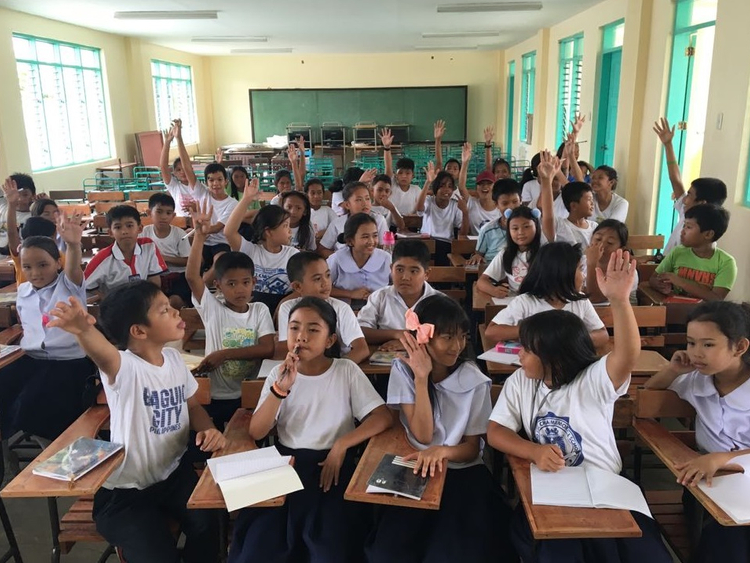
Manila: More teachers now would rather work in public schools than private learning institutions because of higher pay, Education Secretary Leono Briones said, pointing out that the situation had reversed from several years ago.
“It used to be that teachers would rather work for private schools because of better pay, and the result was the best teachers would go to them. Now it is the other way around,” Briones said on Wednesday in a press briefing at the palace.
She said public schoolteachers now are paid better than some of their counterparts in private schools because the government had been raising their pay over the last several years to make their salaries competitive.
$400 for new teachers
“Some private schools are now offering new teachers as little as P6,000 (Dh412) to P9,000 (Dh618) monthly compared to public schools which offer P21,000 (about $400 or Dh1,443) starting, plus benefits,” she said.
Public schoolteachers on the country, however, have higher qualifications.
They are required to be a graduate and must pass prescribed exams for them to be able to teach.
Improved pay
Briones pointed out that while the improvement in pay is largely a positive development, private schools are losing their best teachers to public schools. “This somehow presents a dilemma,” she said.
“On one hand, more parents are transferring their children to public schools and you have a situation where private schools are losing more and more students every year. Some of these schools have even been compelled to close down because they are losing business,” she said.
A large percentage of private schools in the Philippines are owned and operated by religious institutions.
Hard pressed
While some Catholic and Christian schools have maintained their status as favoured learning institutions, there are others which continue to lose business because of dwindling annual enrolment.
“We really have a serious policy concern and we have to find a solution to this,” she said, pointing out that public schools are already hard pressed to accommodate millions of students every year.
But while public schools may getting better teachers, their facilities are less adequate compared to private schools. In most cases there are not enough classrooms in public schools for the number of students.














